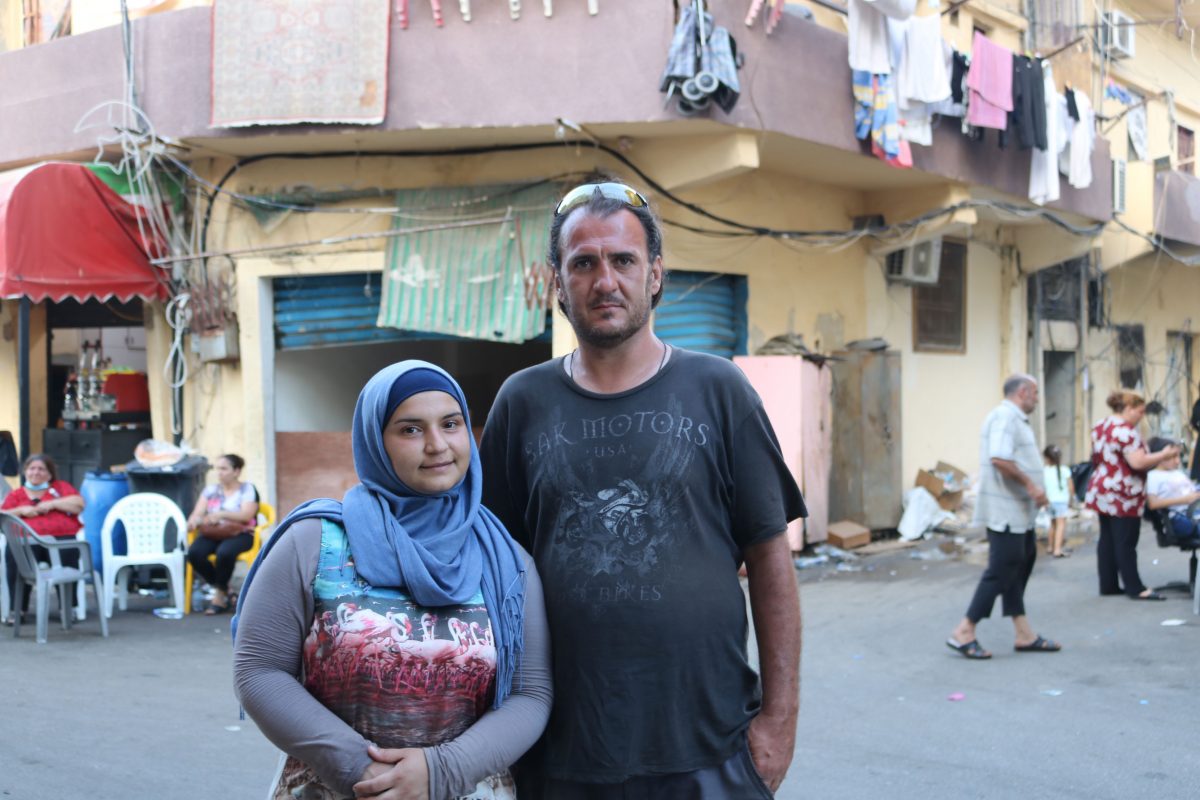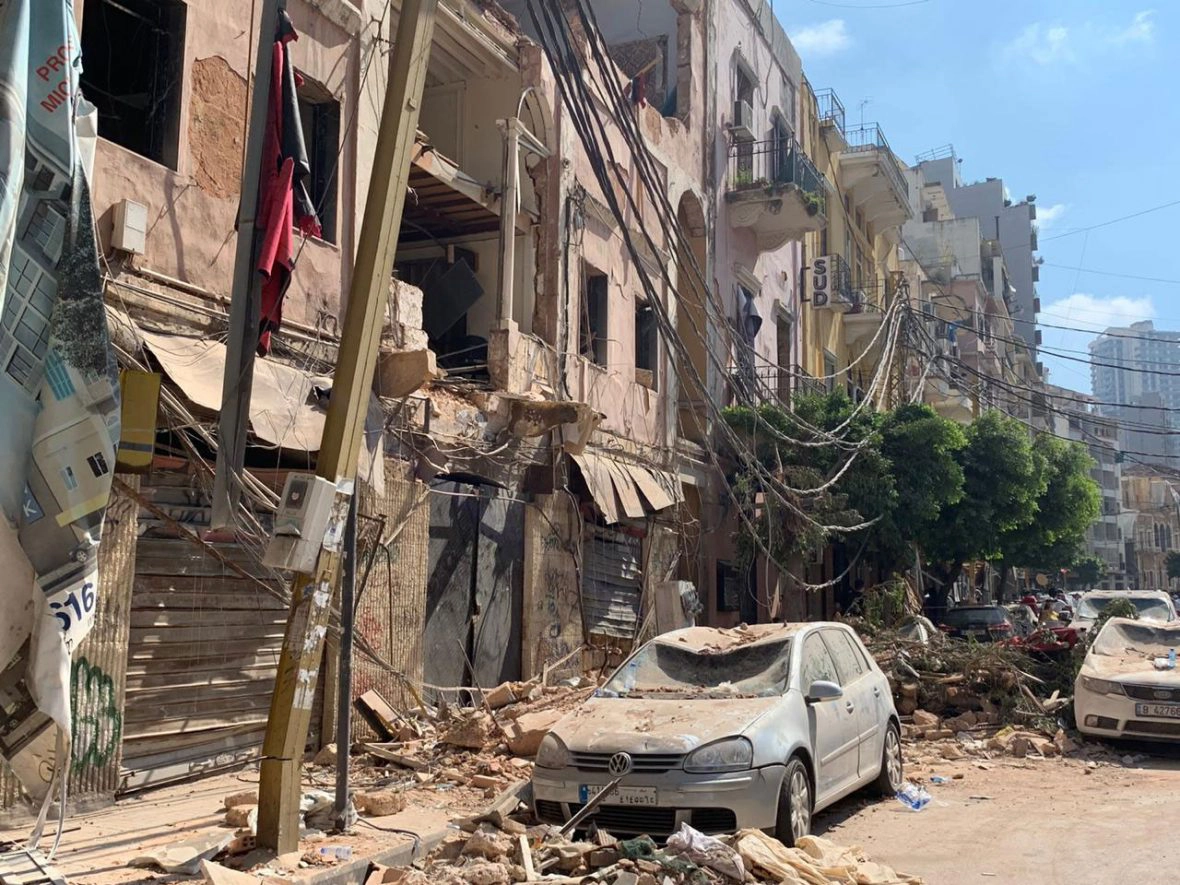News
Complex emergencies, explained
Complex emergencies affect tens of millions of people around the world. Here’s what you need to know.
Read MoreWhen it comes to talking about humanitarian response there is often a focus on activities such as food distributions and ensuring access to clean water. However, psychosocial support can also be vital to the recovery of traumatized communities.
Following the massive explosion in Beirut that killed at least 200 people, injured over 5,000 and left the homes of more than 300,000 damaged, Concern has been on the ground providing emergency support to people who have had their lives devastated. In addition to providing items such as tools and wood for rebuilding and toiletries, Concern has moved to provide psychosocial support.
“In a country which has suffered a 15 year war up to 1990, explosions trigger trauma and supporting people’s mental health is a vital part of our response,” Concern’s Lebanon Country Director Catherine Whybrow explained.
Generally speaking, psychosocial support (PSS) includes all actions to promote the wellbeing of people, considering their psychological state (thoughts, feelings, behaviors) together with their social connection and support around them (relationships, interactions). It includes support provided by family, friends and the wider community and giving individuals strategies to support themselves with the goal of protecting, promoting and improving psychological wellbeing.

The neighborhood of Karantina is close to the port of Beirut and is home to many immigrant and vulnerable families. On the August 4th, Nabil* was standing outside when he heard the first explosion. A few minutes later he was blown off his feet by the second blast.
“My children have been crying every time they set foot in the house, ever since the first day of the explosion.”
Nabil's wife, Hala*, takes us inside their home. The windows and doors are broken and the walls have fractures. She says for now they can still live there, but she's worried about her family. “My children have been crying every time they set foot in the house, ever since the first day of the explosion.”
Siba Bizri has worked for Concern in Lebanon for six years. She began working in Child Protection, moving over to psychosocial support case management two years ago. Prior to the explosion in Beirut, the psychosocial support team in Lebanon were already responding to two emergencies: the Syrian crisis, and spread of the coronavirus (Covid-19). During the Covid-19 lockdown, the team had to work remotely. A 24-hour hotline was set up, with many women and children requesting protection services and help securing basics such as food, shelter, and medicine.
"These activities can transform someone from a passive victim to an active survivor."
There is also have a helpline for mental health assistance and Gender Based Violence (GBV), which can provide referrals for specialized services. Siba explains that this hotline has mostly been used by women suffering from IPV (intimate partner violence), cases of which had increased during lockdown: “It was very busy in those times.” UN Women has described the worldwide increase in domestic abuse as a "shadow pandemic" alongside Covid-19. It is believed that cases have increased by 20% globally during the lockdown, many people being trapped at home with their abuser [BBC].

Concern's Siba cannot emphasize enough the importance of psychosocial support. "Especially this event, it is very traumatic for people. These activities can transform someone from a passive victim to an active survivor."
Psychological first aid (PFA) is one form of basic support psychosocial support (not a clinical or psychiatric intervention) which consists of being attentive to individuals who may need support, listening and comforting them, helping them understand their concerns, addressing their basic needs, and linking them to information or services.
"Most people need someone who can hear them, who they can feel comfortable with and easy to talk to. I like to listen. I am very interested in helping people to advocate for their rights, to build their confidence. Especially Syrian women – they don’t have any relatives in Lebanon. Through our support, they have gained confidence in expressing their feelings and are comfortable talking to a case worker who can understand them and listen to them."
*Names in this story have been changed for privacy and protection.